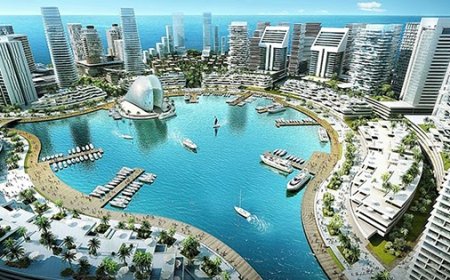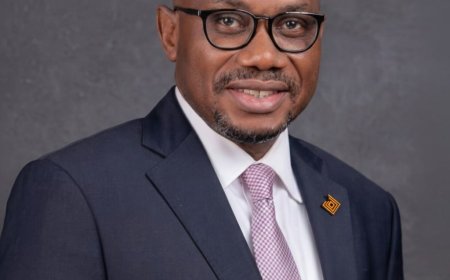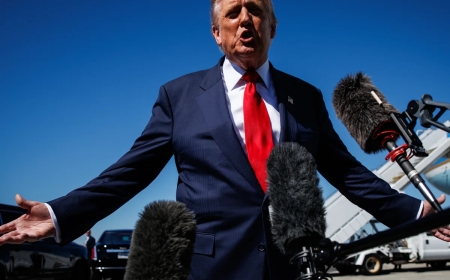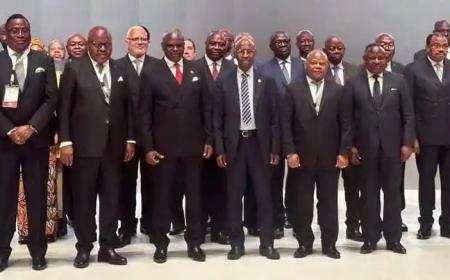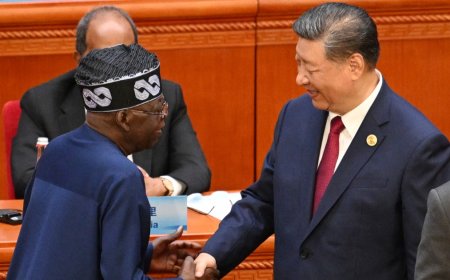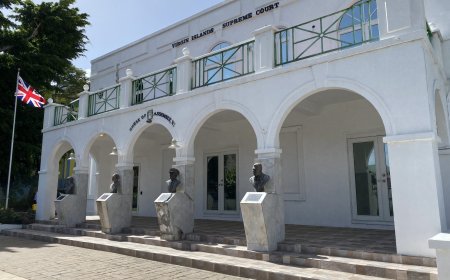OTL 2025: Oyebanji Says Deregulation Sparks Renewed Focus on Infrastructure and Long-Term Growth in Downstream Sector
At the OTL Africa Downstream Energy Week, OTL Chairman Otunba Adetunji Oyebanji said deregulation of Nigeria’s downstream sector has reignited investment, strengthened infrastructure development, and laid the foundation for sustainable long-term growth in Africa’s energy industry.
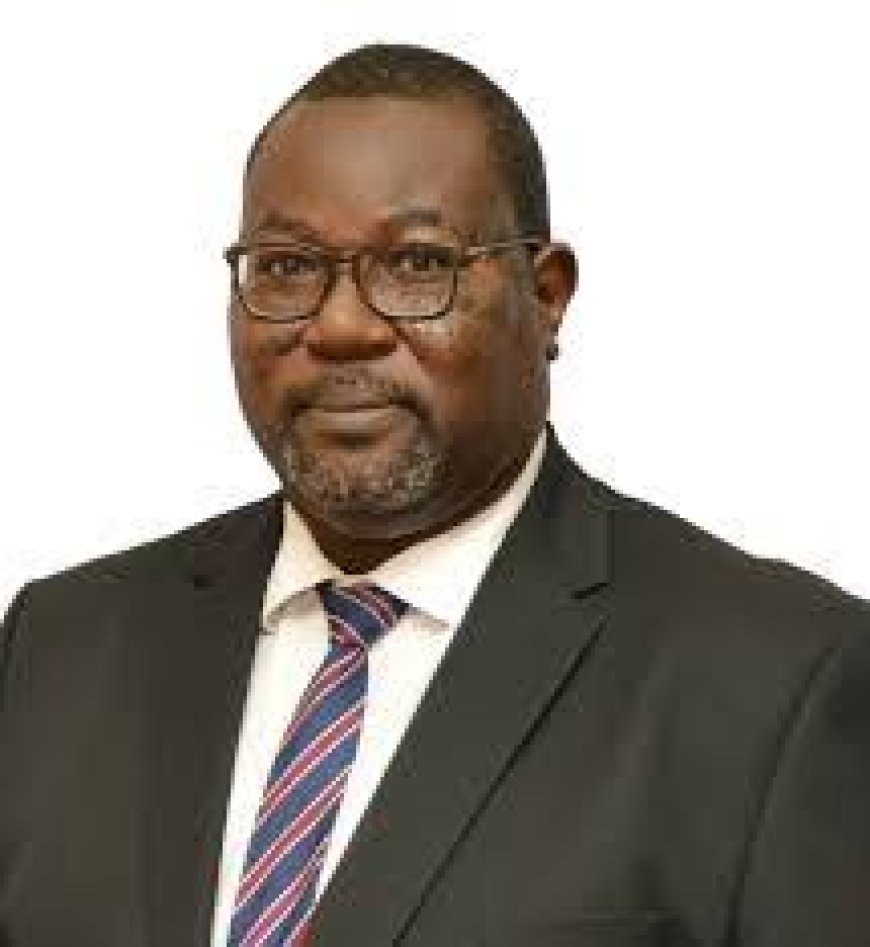
By Kiina Martins
Speaking at the opening of the OTL Africa Downstream Energy Week, the Chairman, Otunba Adetunji Oyebanji, noted that the annual gathering continues to serve as a vital link between policy formulation and real-world execution— a forum where regulators, investors, operators, innovators, and thought leaders come together to shape a sustainable future for Africa’s downstream energy industry.
According to him, the theme for this year’s edition, “Energy Sustainability: Growth Beyond Boundaries and Competition,” captures the realities of today’s global energy environment — one characterized by constant change, technological advancement, and renewed emphasis on long-term stability. It calls on all stakeholders to pursue development that is inclusive, resilient, and limitless in ambition.
Oyebanji emphasized that the global energy sector is currently at a turning point. Around the world, geopolitical tensions continue to impact production levels, pricing, and supply chains. Ongoing conflicts in Eastern Europe and parts of the Middle East have kept international oil markets constrained, heightening uncertainty in both supply and demand. Meanwhile, the global shift toward cleaner energy solutions — such as renewables, carbon capture, and low-emission fuels — is transforming the investment landscape.
RELATED NEWS:
- OTL Platform Has Played A Crucial Role In Shaping Agenda For Downstream Development Across Africa- Sanwo-Olu
- Tinubu Reaffirms Support for Dangote Refinery Expansion, Calls on Africa to Harness $120B Oil Market
- OTL 2025: Africa’s Downstream Energy Leaders Unite to Drive Market Innovation and Strategic Investment
- OTL Africa Downstream Energy Week 2025 in Lagos: Driving Africa’s Downstream Transformation
He remarked that for Africa and Nigeria, these global dynamics bring both challenges and opportunities. As the world redefines its energy priorities, Africa — blessed with abundant natural resources and a young, dynamic population — must look beyond simply exporting raw hydrocarbons. The continent must instead position itself as a centre for innovation, efficiency, and value creation.
Energy sustainability, he said, goes beyond conserving natural resources. It means ensuring that the growth achieved today does not jeopardize tomorrow’s prosperity. It demands an industry that is competitive, responsible, and adaptive to an ever-evolving world.
ADVERT

The Chairman described this period as a defining moment for Africa’s energy evolution. Rapid population growth, industrial expansion, and urbanization are driving energy demand across the continent, while ongoing investments in refining capacity, gas infrastructure, and regional energy trade are reshaping its energy landscape.
As Nigeria remains the continent’s largest producer and consumer of energy, it plays a central role in this transformation. The deregulation of the downstream sector, the renewed drive for gas commercialization, and investments in infrastructure have all laid the groundwork for long-term sectoral growth.
“To truly achieve growth beyond boundaries,” he stated, “we must widen our horizon — embracing renewables, deepening regional cooperation, and deploying technology to boost operational efficiency. We must also invest in our people, building the capacity of the next generation to consolidate and extend these gains.”
He acknowledged that the downstream petroleum market is undergoing rapid change — marked by both turbulence and renewal. The removal of fuel subsidies and market liberalization have introduced difficult but necessary adjustments to enhance competitiveness and efficiency.
While operators now contend with rising costs, logistical challenges, and complex regulations, they are also driving remarkable innovation — from digital trading platforms and optimized logistics to cleaner fuel solutions and smarter storage systems. These developments, he said, are reshaping the industry and signalling the rise of a more resilient and forward-looking market.
“The future of energy must transcend boundaries — geographical, technological, and conceptual,” Oyebanji stressed. “As the lines blur between traditional hydrocarbons and renewables, the key to sustainability will lie in integration, not isolation. We must build systems that promote innovation while protecting the environment, and view efficiency not merely as an operational goal, but as a core value. Above all, growth must extend beyond markets to improve lives through wider access to affordable energy.”
He recalled that over nearly two decades, OTL Africa Downstream Energy Week has become the continent’s leading platform for policy dialogue, business networking, and industry advancement across the downstream value chain. Through consistent engagement between government and private sector, OTL has influenced national and regional policies and created a space where regulators and industry players listen to each other and align on shared objectives.
“As we look ahead,” he concluded, “Africa must chart its own unique route to energy sustainability. The opportunities before us are enormous, but realizing them requires boldness, unity, and strategic clarity.”
Oyebanji urged stakeholders to intensify investments in pipelines, depots, data systems, and digital infrastructure, while also prioritizing research, training, and innovation. He emphasized that transparency and environmental accountability must remain central to the continent’s energy agenda.
“The downstream sector,” he affirmed, “is the backbone of Africa’s energy chain. Its strength and transformation will determine how effectively we navigate this era of competition and sustainability. This is our moment to lead — not just to adapt to change, but to drive it.”

Kindly share this story:
Contact: report@probitasreport.com
Stay informed and ahead of the curve! Follow The ProbitasReport Online News Report on WhatsApp for real-time updates, breaking news, and exclusive content especially when it comes to integrity in business and financial fraud reporting. Don't miss any headline – and follow ProbitasReport on social media platforms @probitasreport
[©2025 ProbitasReport - All Rights Reserved. Reproduction or redistribution requires explicit permission.]
What's Your Reaction?










